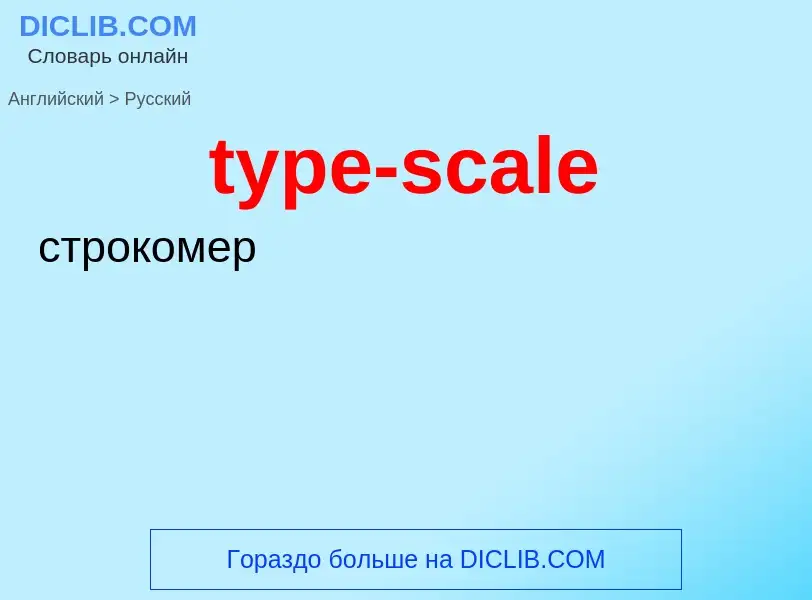Übersetzung und Analyse von Wörtern durch künstliche Intelligenz ChatGPT
Auf dieser Seite erhalten Sie eine detaillierte Analyse eines Wortes oder einer Phrase mithilfe der besten heute verfügbaren Technologie der künstlichen Intelligenz:
- wie das Wort verwendet wird
- Häufigkeit der Nutzung
- es wird häufiger in mündlicher oder schriftlicher Rede verwendet
- Wortübersetzungsoptionen
- Anwendungsbeispiele (mehrere Phrasen mit Übersetzung)
- Etymologie
type-scale - Übersetzung nach russisch
математика
графический масштаб
общая лексика
графическая шкала
Definition
Wikipedia

The semantic differential (SD) is a measurement scale designed to measure a person's subjective perception of, and affective reactions to, the properties of concepts, objects, and events by making use of a set of bipolar scales. The SD is used to assess one's opinions, attitudes, and values regarding these concepts, objects, and events in a controlled and valid way. Respondents are asked to choose where their position lies, on a set of scales with polar adjectives (for example: "sweet - bitter", "fair - unfair", "warm - cold"). Compared to other measurement scaling techniques such as Likert scaling, the SD can be assumed to be relatively reliable, valid, and robust.
The SD has been used in both a general and a more specific way. Charles E. Osgood's theory of the semantic differential exemplifies the more general attempt to measure the semantics, or meaning, of words, particularly adjectives, and their referent concepts. In fields such as marketing, psychology, sociology, and information systems, the SD is used to measure the subjective perception of, and affective reactions to, more specific concepts such as marketing communication, political candidates, alcoholic beverages, and websites.





